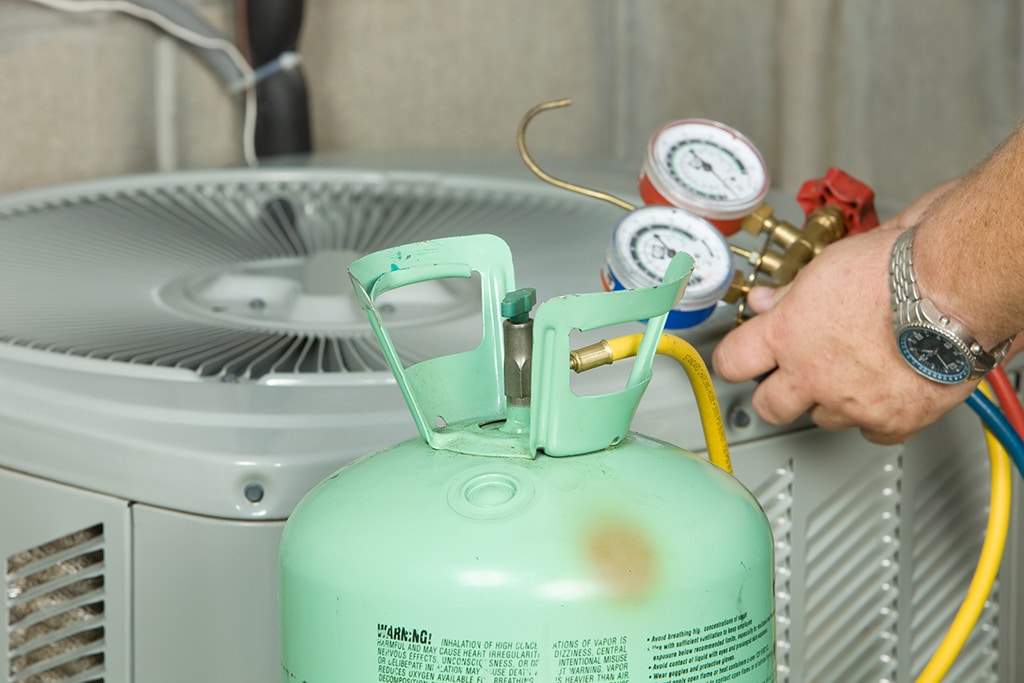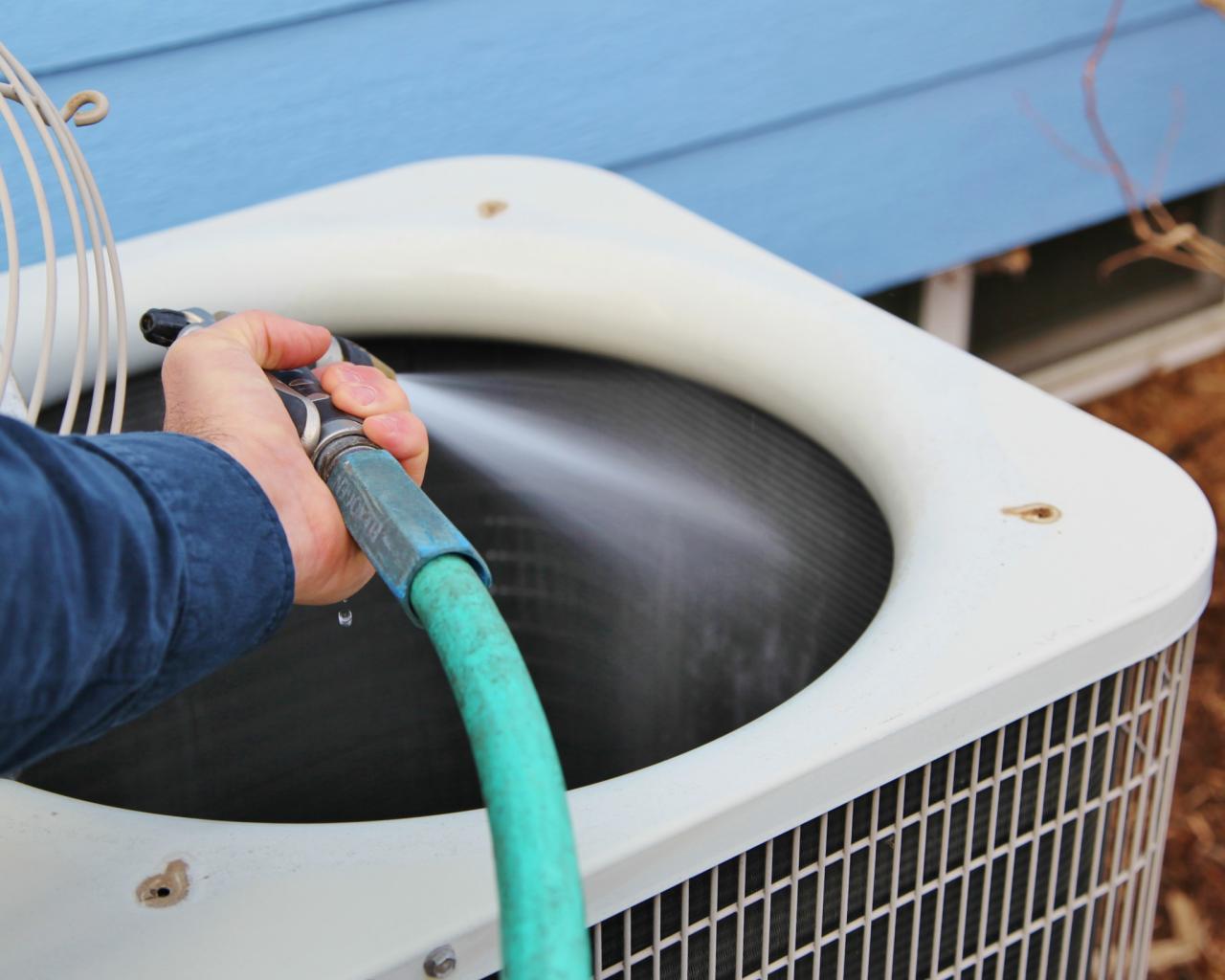One of the most important parts of your AC unit is the compressor. This component is so essential to the operation of your AC system that it is often called the heart of the unit. Your compressor is responsible for moving and compressing the refrigerant that circulates your system to cool the air and remove humidity. In parts of the deep south, humidity levels can reach above 70 percent during the summer and create some miserable conditions. It is especially important that the AC cools the house and produces comfortable air in these areas. The AC unit will not provide cool conditioned air if the compressor fails.
In the event of a compressor failure on a hot day, you will immediately begin to notice that your AC is no longer producing cold air. If this happens, it is important to determine to cause of the malfunction to try and avoid catastrophic failure of your AC and other components. So, why do air conditioner compressors fail? Let’s take a look at some common causes for compressor failure.
Inadequate Refrigerant

The refrigerant in your air conditioner is a chemical compound that absorbs environmental heat and provides cool air as it runs through the compressor and evaporator coils. Your compressor is an essential piece of this operation, moving and compressing the refrigerant repeatedly during each cycle. Just like your car cannot run without oil, the compressor cannot operate without much refrigerant. Over time, the refrigerant lines in your system could develop a leak and allow the refrigerant to escape. If this happens, the system will overheat and cause your compressor to malfunction.
Dirty Coils

Throughout everyday use, dust and dirt will accumulate on your AC unit’s condenser coils. If enough dirt and grime build up on the coils, it will inhibit the process of transferring heat. This means that your system will have to work harder and expend more energy to cool the house. When a unit has to labor to push out the heat, the system will wear down faster and strain the compressor. Eventually, dirty coils could lead to a compressor malfunction. It is good to keep your coils cleaned, and air filters changed regularly to avoid any build-up of substances on your unit.
Electrical Malfunction
All electrical systems will fail at some point. Due to age and wear and tear, no electrical system will last forever. The same can be said for the electrical components inside your AC unit. Acids and oxidation will build up over time and eat away at the contacts inside the circuits. Eventually, this will create a power failure. If the compressor in your AC unit has suddenly stopped working, it could be the result of an electrical issue. Regular annual maintenance service can help ensure the health of the electrical components associated with your AC system.
From refrigerant leaks and dirty coils to an electrical problem, there are several reasons why your AC compressor might stop working. The best way to prevent issues with a failed compressor is to regularly have your HVAC system serviced. If your compressor fails, you will have to come up with other ways to beat the heat while you wait for repairs or a replacement.
